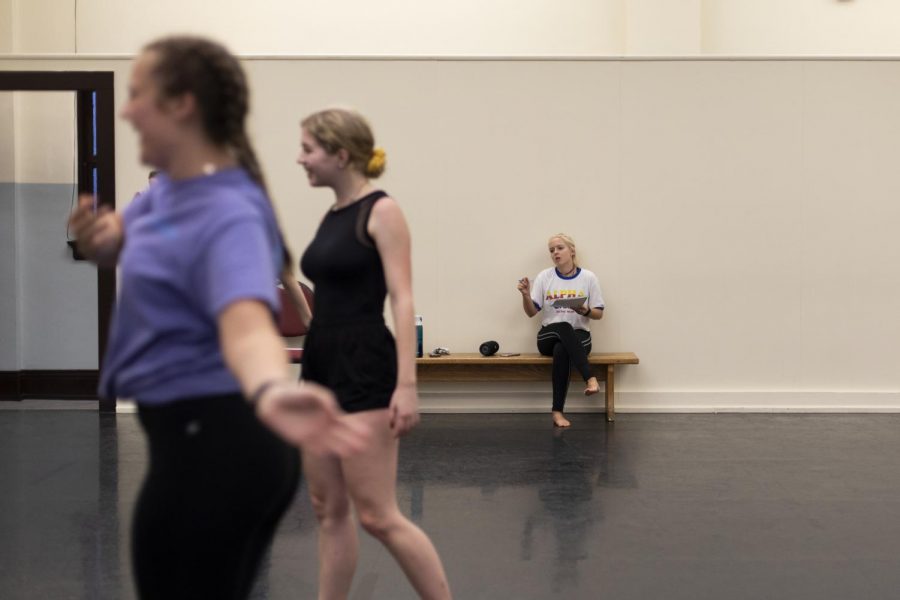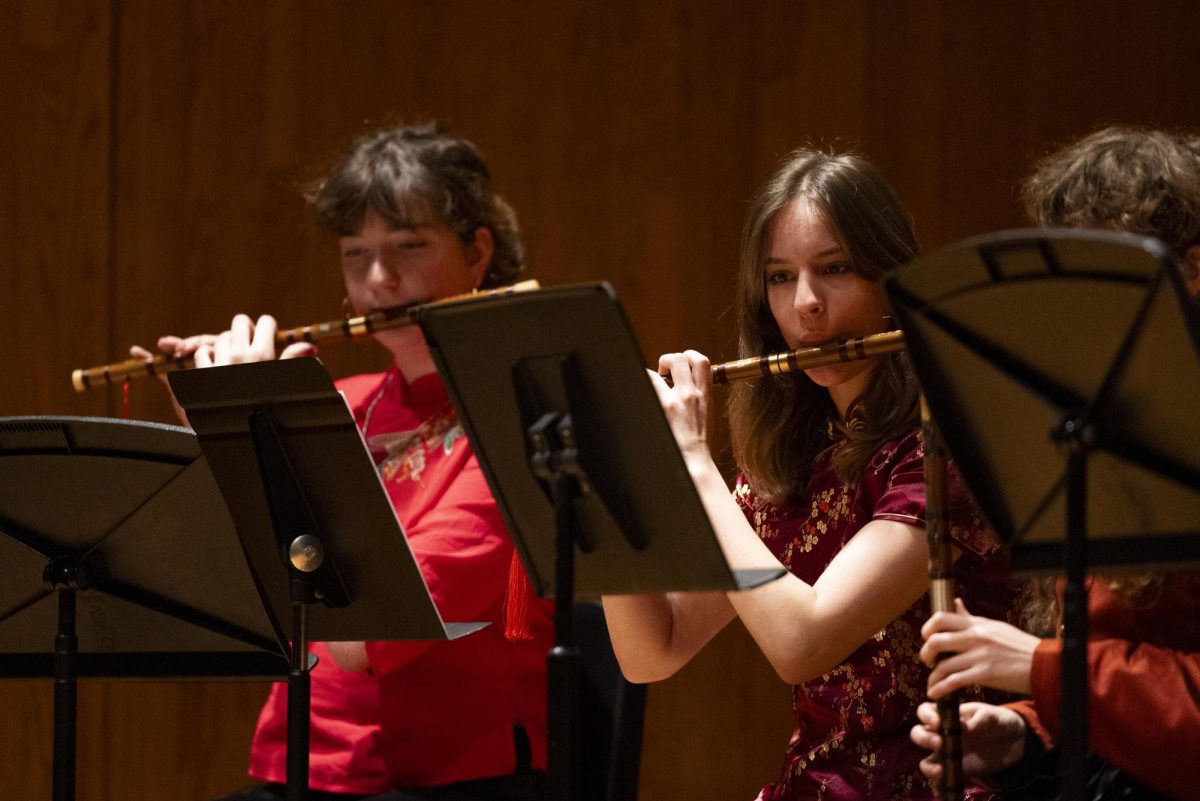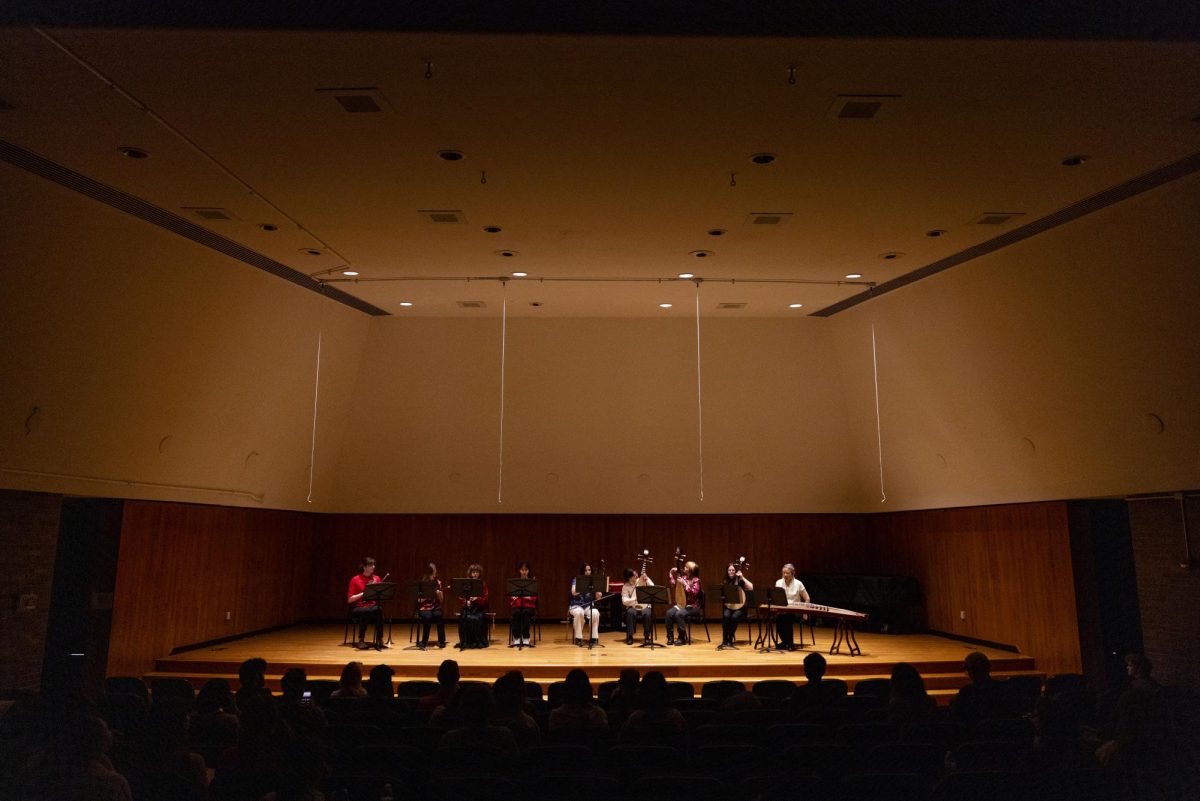Fine arts departments encounter hurdles transitioning to online classes
March 27, 2020
The news that WKU will remain online for the rest of the semester has presented a new challenge to all faculty members on campus as they must find ways to virtualize.
This challenge has particularly hit programs like the fine arts, where in person tools or instruction seems necessary. Amanda Clark, coordinator of the WKU dance program, said making the shift to digital learning has been “quite difficult.”
“Most of our classes are movement based courses where students are on their feet and working through a physical modality,” Clark said. “They’re using their bodies as instruments to embrace theories and research ideas.”
Clark said the initial plan was to focus on the theoretical side of dance. After in-person classes were cancelled for the rest of the semester, Clark said some adjustments had to be made.
“We are all doing a mixture of readings, online video viewing, discussions, written responses and movement based exercises,” Clark said. “I plan to meet with all of my classes each week via Zoom. I believe the ‘face-to-face’ interaction is important for the students right now.”
Clark said the adjustment to Zoom has been tough, since it is difficult to teach a movement-based class over a teleconference.
“Being able to fully see 15-20 moving bodies on a laptop screen restricts the amount of feedback I am able to give or corrections that I can provide,” Clark said. “As a result, students are learning how to take greater ownership over their movement execution and self-cueing abilities.”
David Young is head of WKU’s theatre and dance department, and he said it has proven difficult to recreate a dance or acting class online.
“It’s not a perfect solution for those of us in the arts,” Young said. “I know some of the acting teachers were going to switch over to asking students to work on monologues and submit them as a video.”
Theatre and dance are not the only programs that are seeing challenges. Kristina Arnold, head of WKU’s art department, said she and her colleagues are finding different ways to get around the online-only problem.
“We have specific studio spaces in which to work, with specialized tools and equipment, and rely heavily on in-class demonstrations, hands-on experimentation and problem-solving, immediate feedback and group conversations,” Arnold said in an email. “Every faculty member is in the process of figuring out ways to modify their class projects to literally fit inside a student’s living room.”
Arnold said one solution has been allowing students to take art supplies home to use for their projects, like clay and carving tools.
“We know our students won’t have a woodshop or an etching press available, so we’re changing requirements so that they are able to use what they do have readily available,” Arnold said.
News reporter Jack Dobbs can be reached at jack.dobbs469@topper.wku.edu. Follow him on Twitter at @jackrdobbs.
















